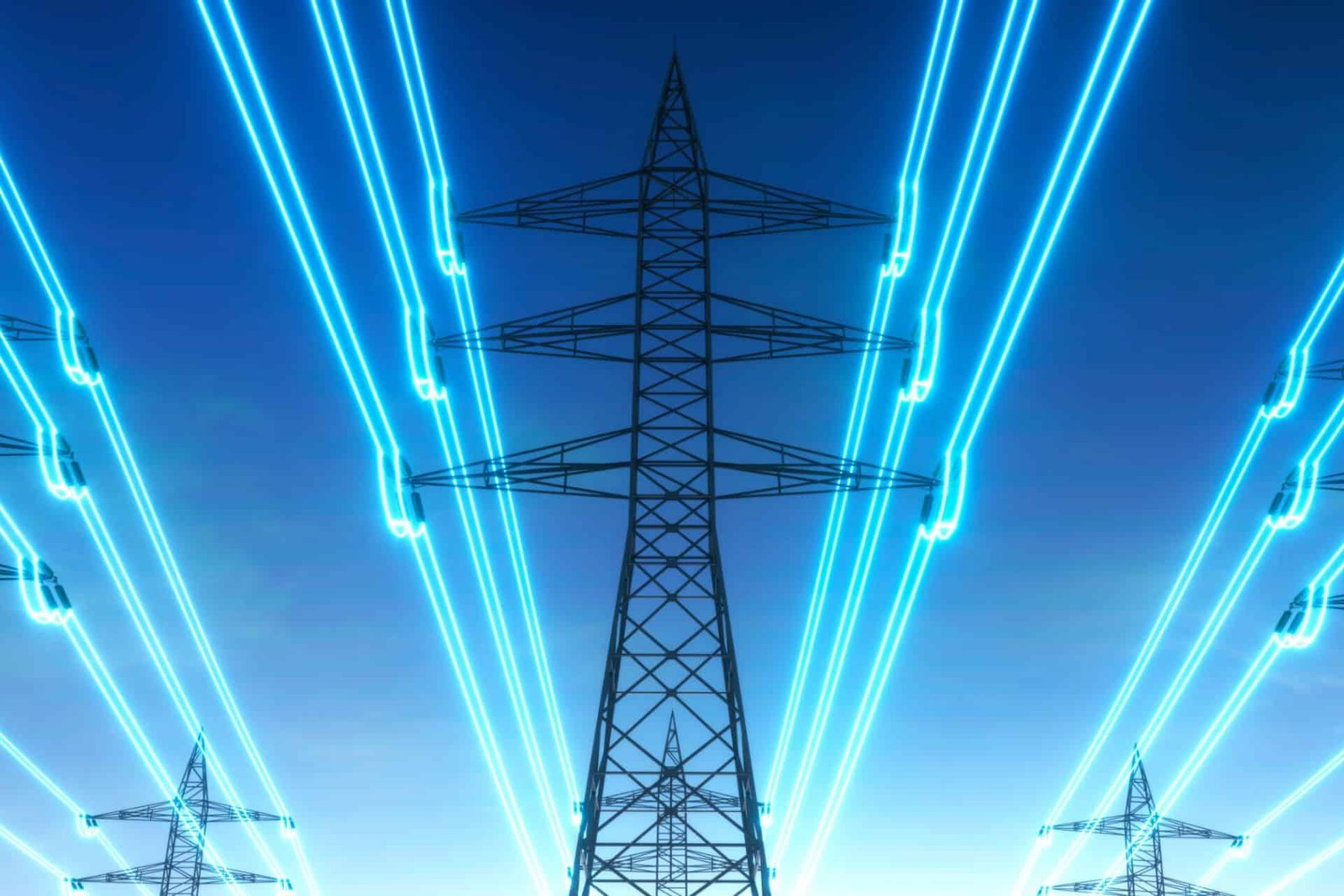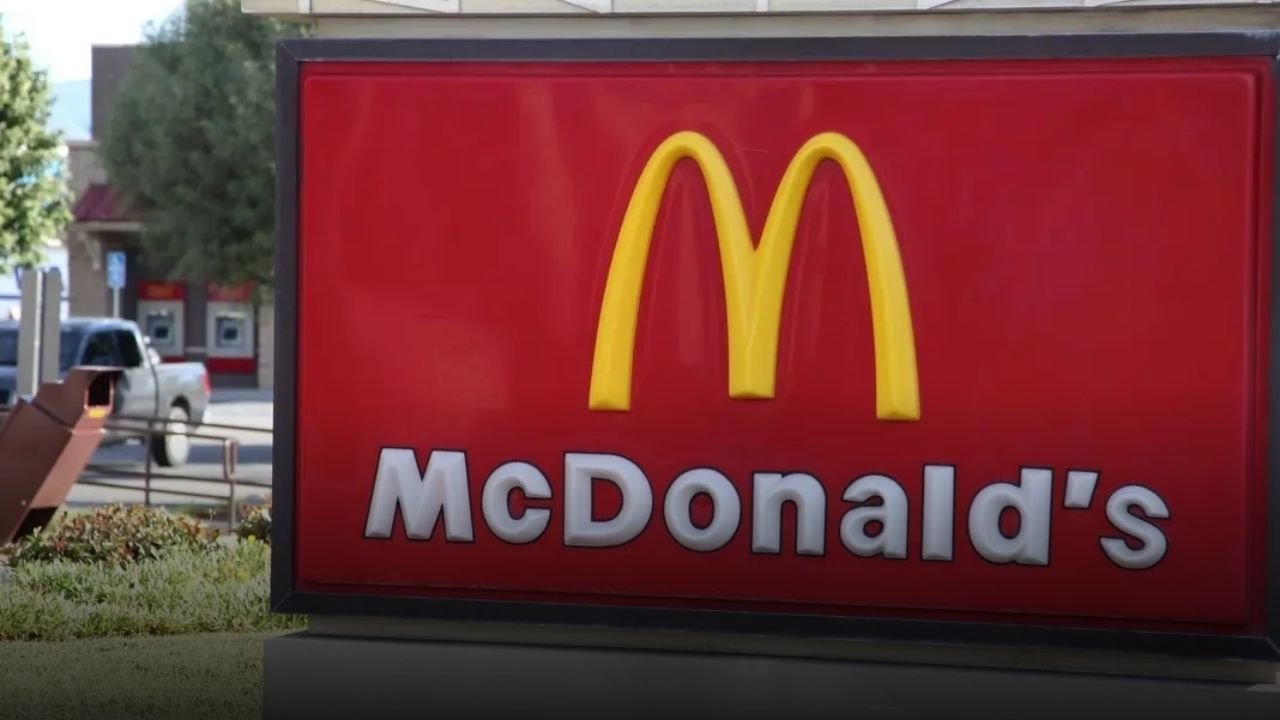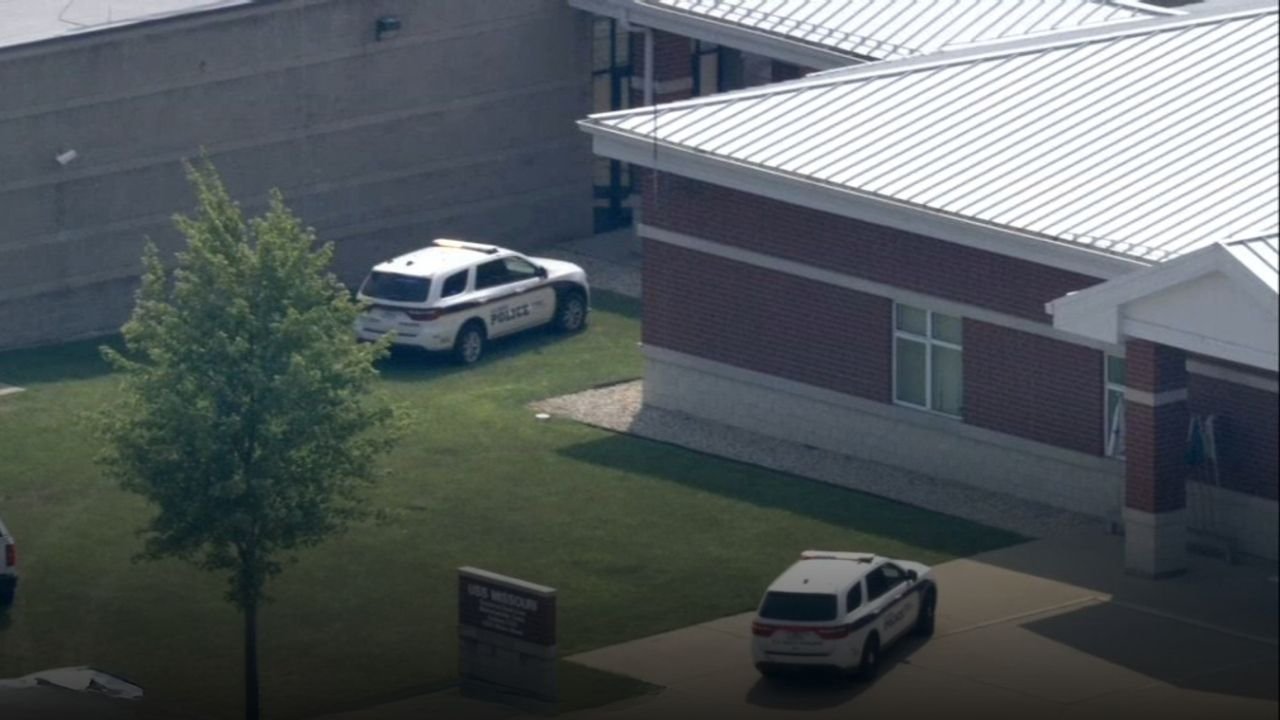ILLINOIS — A growing chorus of clean energy advocates is calling on Illinois lawmakers to act fast and pass a major renewable energy bill that could deliver billions in long-term savings for residents while strengthening the state’s aging power grid.
At the heart of the debate is a stalled energy omnibus bill that includes provisions for solar development and large-scale battery storage. These investments, experts argue, would not only reduce electricity bills but also guard against the kind of capacity shortages that have already driven rates higher since June 1.
“We are near the finish line with an energy solution that will ensure Illinois enjoys the cost-saving and grid-stabilizing benefits of solar and storage,” said Lesley McCain, executive director of the Illinois Solar Energy & Storage Association, in a recent op-ed published by the Chicago Sun-Times.
Battery Storage Could Slash Energy Prices
A study by Gabel Associates cited in the editorial revealed that if Illinois had 3.5 gigawatts of battery storage during the most recent Midcontinent Independent System Operator (MISO) capacity auction, capacity prices could have been cut in half — saving households roughly $12 per month.
Even more impressively, if 7 gigawatts were installed, energy prices could drop by up to 80%. And with 8.5 gigawatts, the projected consumer savings could reach $2.5 billion between 2030 and 2049, according to analysis by The Power Bureau.
ComEd and Ameren Customers Could See Early Payoffs
Although storage infrastructure requires upfront investment, advocates say the returns are swift. For ComEd customers, net savings begin by year five, and for Ameren customers, by year three.
Failing to act, warns McCain, would worsen energy instability and “signal to businesses that Illinois is not a stable place to invest.”
Public Media and Energy Access Under Threat
The editorial also touched on parallel issues of equity and access. While some fear rising electricity costs, others are concerned about potential federal cuts to PBS and NPR, which provide critical educational programming to underserved communities.
Oswego resident and neurodivergent educator Owen Meldon wrote that losing PBS would be a personal and societal setback, especially for children who depend on free, accessible, and inclusive content.
“The federal funding threat jeopardizes the future of accessible educational programming that has been a lifeline for many,” he said.
Changing Landscape for Chicago Sports Fans
In a related letter, a Logan Square resident criticized the recent shift of White Sox, Bulls, and Blackhawks broadcasts to pay-TV platforms, calling it a barrier to access for working-class fans.
“Before the move, everyone could watch the games. But now, many can’t. Chicago teams should be for all Chicago fans,” wrote Larry E. Nazimek.
What’s Next in Springfield?
With bipartisan awareness of the state’s energy issues and broad support for renewable strategies, advocates are urging Springfield leaders to approve the energy omnibus bill this summer.
McCain said the legislation represents a rare opportunity: “Smart investments today will avoid skyrocketing costs tomorrow.”
Do you support a statewide shift to solar and battery storage to cut energy costs and improve reliability? Share your views with us at ChicagoSuburbanFamily.com.














